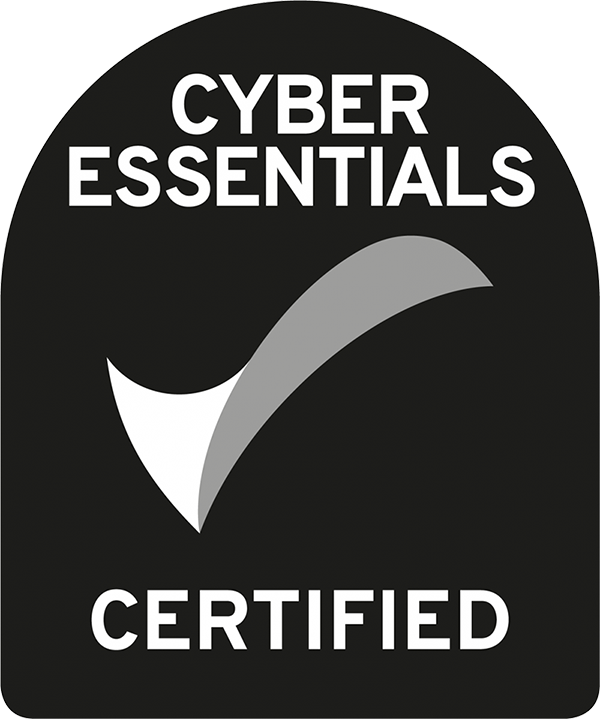Email impersonation is a form of cybercrime that involves the creation of fake emails to deceive the recipient into disclosing sensitive information. The attacker can also use the fake email to install malware, ransomware or conduct phishing attacks. Email impersonation attacks have become prevalent in recent years and businesses need to take steps to protect themselves from such attacks. In this blog, we will discuss email impersonation in detail and provide strategies for businesses to protect themselves.
- What is Email Impersonation? Email impersonation involves the creation of fake emails that appear to be from a trusted source such as a business partner or colleague. The attacker can use social engineering tactics to trick the recipient into believing that the email is legitimate.
- Types of Email Impersonation Attacks: There are several types of email impersonation attacks, including CEO Fraud, Business Email Compromise (BEC), and Email Spoofing. In CEO Fraud, the attacker impersonates a CEO or other high-level executive to trick the recipient into making a financial transaction. BEC attacks involve the impersonation of a trusted business partner or vendor to trick the recipient into making a payment. Email spoofing involves the use of a fake email address to deceive the recipient.
- How Email Impersonation Works: Email impersonation works by exploiting vulnerabilities in the email system. Attackers can use social engineering techniques to craft a convincing email and create a sense of urgency to prompt the recipient to take action. They can also use malware and other techniques to install software on the recipient’s computer to steal sensitive information.
- The Risks of Email Impersonation: The risks of email impersonation include the theft of sensitive data, financial loss, and damage to the organisation’s reputation. The attack can also result in the installation of malware and ransomware, which can cause significant disruption to the organisation’s operations.
- How to Protect Your Business from Email Impersonation: To protect your business from email impersonation, you should implement the following measures:
- Train employees on how to identify and respond to email impersonation attacks
- Implement two-factor authentication
- Use email authentication protocols such as DMARC, DKIM, and SPF
- Use anti-phishing software
- Have a response plan in place in case of an attack
- How Elated Consulting can Help: Elated Consulting offers a range of cybersecurity services that can help businesses protect themselves from email impersonation attacks. Our team of experts can help you implement the necessary security protocols, provide training to your employees, and develop a response plan in case of an attack. We can also conduct regular security audits to identify vulnerabilities in your system and implement measures to mitigate those risks.
Conclusion:
Email impersonation attacks pose a significant threat to businesses, and it is essential to take steps to protect yourself. By implementing the necessary security protocols and training your employees on how to identify and respond to these attacks, you can reduce the risk of financial loss, reputational damage, and disruption to your operations. Elated Consulting can help you develop a comprehensive cybersecurity strategy that will protect your business from email impersonation attacks.

